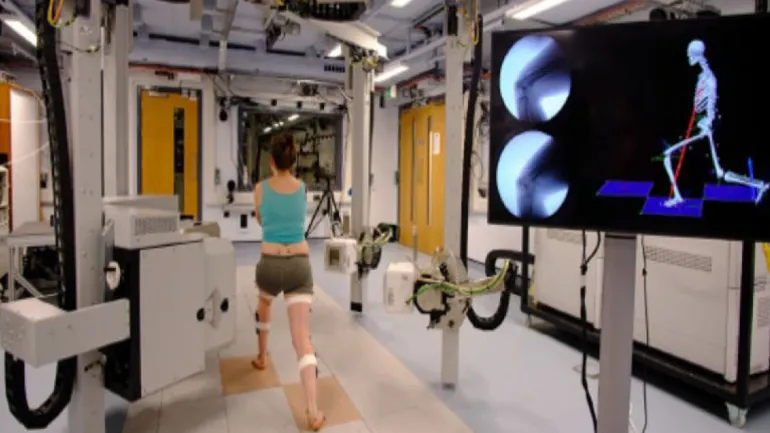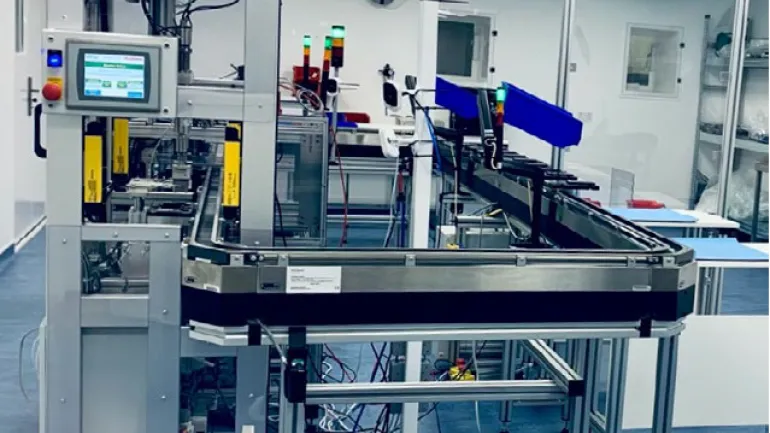Research to develop a quick, painless, and drug-free treatment option for patients living with chronic acne.
The collaboration between world-leading innovator in nitrogen plasma technology Energist Ltd, Swansea University Medical School’s Healthcare Technology Centre (HTC), and the University of Wales Trinity Saint David’s (UWTSD) Assistive Technologies Innovation Centre (ATiC), was established through the £24m Accelerate Wales programme, co-funded by the European Regional Development Fund.
Energist Medical Group, based in Swansea Enterprise Park, is the founding and leading global provider of nitrogen plasma technology to the medical aesthetics industry, with more than 20 years’ experience in design, manufacture and distribution of innovative aesthetic, dermatological and surgical energy-based devices.
The company’s NeoGen™ Plasma devices are non-invasive, clinically proven and cleared for treating anti-ageing cosmetic and dermatological conditions including acne scars, actinic keratosis, facial rhytides, non-facial rhytides, superficial skin lesions, seborrheic keratosis and viral papillomata.
As part of the research project with HTC and ATiC, Energist is looking to innovate further by developing new equipment and practices for use in the treatment of chronic acne. Chronic acne has traditionally been treated using drugs, which can have longer-term health effects on patients.
HTC undertook an in-vitro study to validate the use of the unique nitrogen plasma technology for the treatment of acne. The work was undertaken in the Microbiology and Infectious Disease Laboratory within the Medical School.
Porcine skin samples inoculated with a common bacteria associated with the pathophysiology of acne, were treated with Energist’s innovative nitrogen plasma technology. This research provide evidence that the NeoGen™ Plasma device can be used to treat chronic acne conditions.
In addition to the bacterial research study, HTC used its team’s expertise to investigate the diffusion rate of specific molecules through skin samples in response to the plasma treatment. The use of Franz cells and high-performance liquid chromatography quantified molecules diffusion rate and demonstrated the potential advantages of using the NeoGen™ Plasma device for increased skin absorption of topical products leading to enhanced clinical outcomes.
ATiC’s role within the project was in two distinct areas – a research study into capturing treatment areas, and user experience (UX) and ergonomic evaluation.
Using its team’s expertise and the UX research laboratory, as well as mobile eye tracking and prototyping facilities, ATiC conducted an in-depth UX study to investigate the ergonomics and controllability of the NeoGen™ Plasma device.
The work included a study of user comfort and fatigue for clinicians during procedures, and review and capture current treatment methods to understand the issues around over and under treatment, to provide a better experience and outcome for patients.
This project is part of the Accelerate programme which is part-funded by the European Regional Development fund, through Welsh Government.



